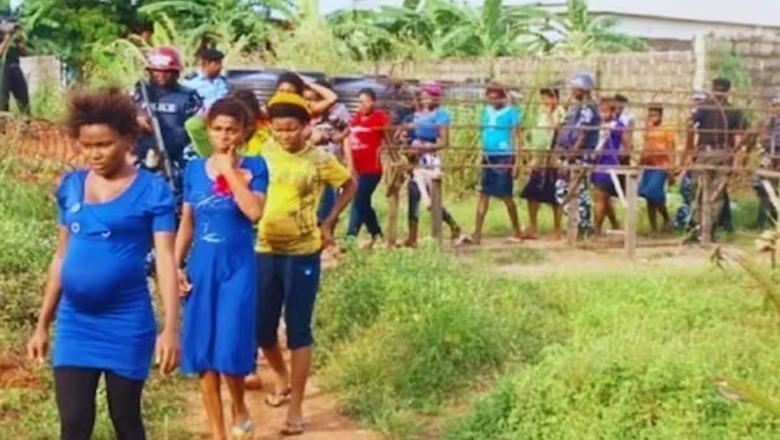
views
Many of us are aware of the persisting issues of child and women exploitation, particularly in several third-world countries. Shockingly, in Nigeria, young girls are frequently abducted and coerced into becoming surrogate mothers. This disturbing practice often unfolds within what is known as a ‘baby factory,’ a clandestine operation camouflaged by various businesses.
Typically, these baby factories operate under the guise of social welfare homes, private medical practices, orphanages, or even private clinics. This insidious facet is part of the broader human trafficking sector, where the systematic sale of human infants, commonly referred to as “child harvesting,” has evolved into a lucrative industry on Nigeria’s black market. Astonishingly, despite being classified as the third most widespread crime in Nigeria by a 2006 UNESCO assessment, trailing behind financial fraud and drug trafficking, the efforts to dismantle these operations have seen limited success.
Several factors contribute to the existence of baby factories in Nigeria. One significant factor is the prevailing social stigma. Desperate teenagers, impregnated against their will, are often persuaded to relinquish their infants in exchange for monetary compensation. Additionally, the stigmatisation of infertility in the country leads infertile couples to seek infants discreetly, further fueling the demand for such illicit operations.
Despite widespread awareness and efforts by human rights organizations to combat baby farming, the practice persists. In a notable 2011 incident reported by The Guardian, security forces rescued 32 pregnant women during a raid on one of these establishments. The challenge is exacerbated by the fact that, due to stringent laws, girls impregnated at a young age cannot opt for abortion. It is considered a serious offence in Nigeria, punishable by a 37-year prison sentence. Exploiting this legal constraint, criminal syndicates profit by selling babies born under these appalling conditions.
The fight against baby factories in Nigeria continues, with the hope that increased awareness, stringent legal measures, and collaborative efforts from both local and international organisations will eventually put an end to this heinous and exploitative practice.















Comments
0 comment